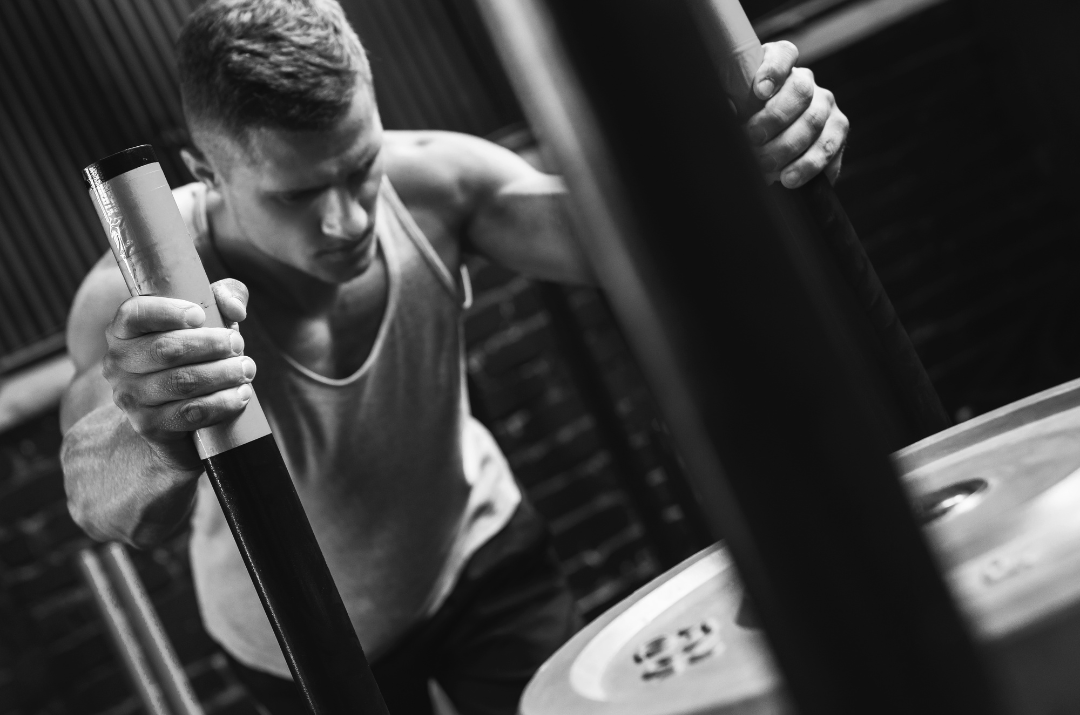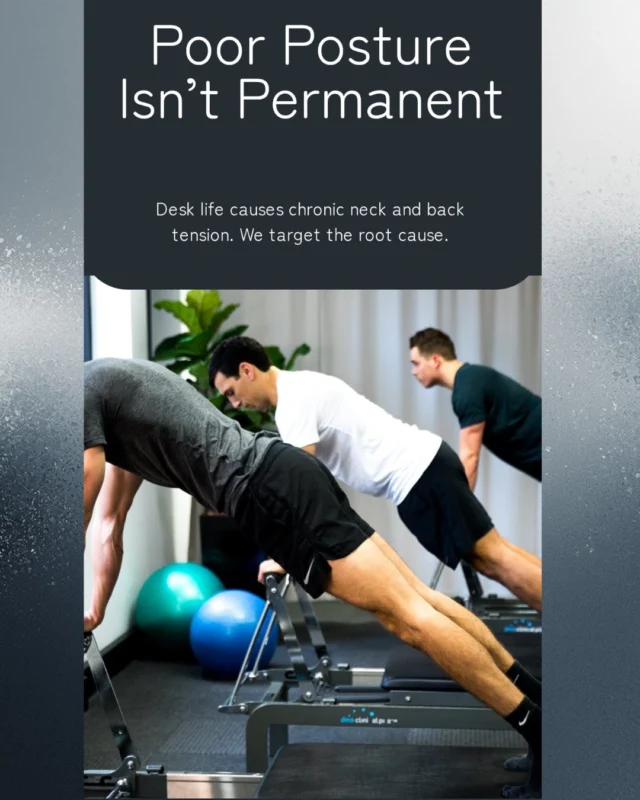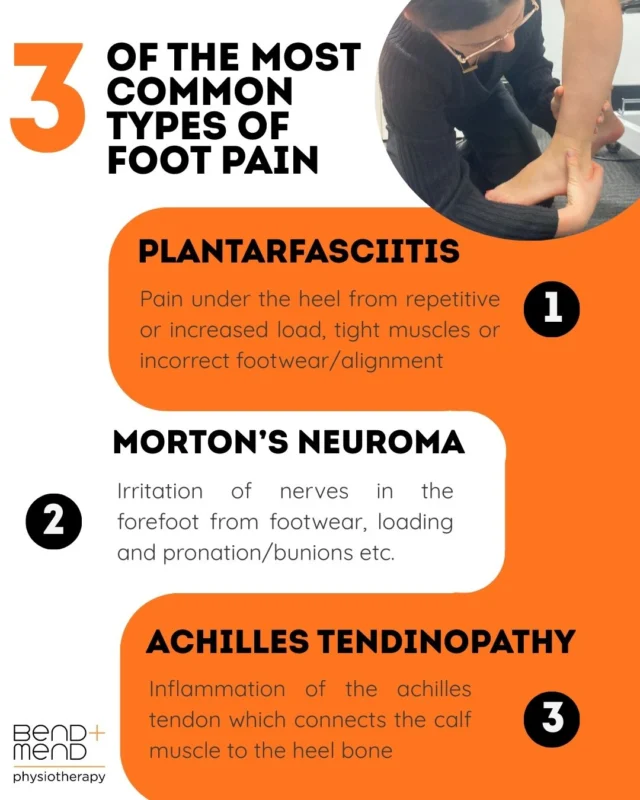In a previous post, we discussed one particular cause of clicking in the wrist. Many other joints in the body can click and creak. Although common, these noises can be unsettling and you may be wondering whether it is harmless or indicates something more serious.
The body is made up of several hundred joints, which are responsible for all types of movement. Joints are made up of bones and several soft tissue structures that make movements possible. Because of all these structures there is not one single cause of clicking joints.
One common cause is cavitation. This occurs when the two bone ends in the joint are moved apart enough to create a vacuum in the joint. As the joint space expands gas bubbles develop and then collapse due to decreased pressure within the joint. It is this bursting of the gas bubbles which causes the clicking sound.
This is what is happens when a therapist performs a ‘manipulation’. A therapist may do this to make the joint more mobile and the joint will feel freer for a period of time.
After a sprain, ligaments may become lax and due to the joint’s increased mobility it may click when you move it.
Some people click their spine themselves, often in an attempt to relieve stiffness. While initially the joint may feel more mobile, if this is continuously repeated it can lead to overstretching of the ligaments which support the joint and result in a permanently hyper mobile joint.
Therefore it is better to consult a Physiotherapist if you always feel that you need to ‘crack your back’ and they can advise whether you should or not!
Another reason for clicking in joints is snapping of tendons, scar tissue or cartilage over a bony prominence. This is the case in such conditions as snapping hip syndrome and ITB friction syndrome. While the clicking does not cause any significant damage, after time it can lead to inflammation and discomfort or pain.
A third cause of clicking in the joints is crepitus, a creaking type noise often heard in knee joints. This is associated with degenerative changes in the cartilage that lines the joint. The wearing down of cartilage increases friction in the joint and the creaking is from the rougher surfaces of the joint rubbing together.
More serious causes of clicking may indicate rupture of the bony or soft tissue structures. This is usually associated with pain, swelling or bruising.
If you have any of these symptoms, or if you are just not sure, it is worth getting the issue checked out by your Bend + Mend Physiotherapist!





